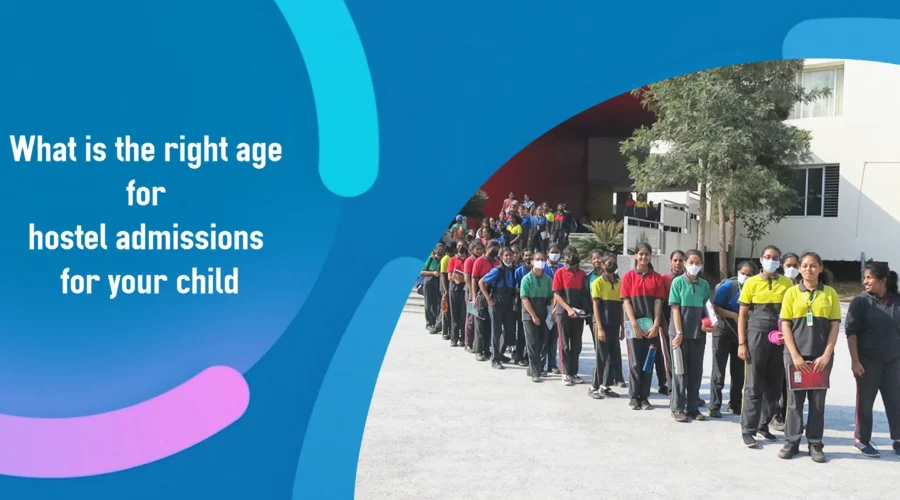As a parent, you want the best for your child, and choosing to send them to a boarding school might seem like a difficult decision given that you will be apart from your child, and they will be in a new, and different environment. Going to a private boarding school can offer enriching life experiences. Hostel life can provide opportunities to develop their independence, social skills, and resilience. It’s important to consider several factors before making this decision, including your child’s age, ability to deal with new environments, maturity level, school policies, and your family’s circumstances. By reviewing the factors you should consider, you will be better placed to make the decision of picking the right age to send your child to a boarding school.
Age and maturity level
The age and maturity level of your child is essential factors to consider when deciding whether or not to enroll them in a hostel. Hostel life can be challenging, and children who are not ready to handle the responsibilities and pressures of independent living may struggle. As a general rule, most schools require students to be at least 10 or 11 years old before they can enroll in a hostel. To be sure, this is not a hard and fast rule, and some schools may admit younger students if they are deemed mature enough to handle hostel life.
It’s important to assess your child’s maturity level before enrolling them in a hostel. Do they show a sense of responsibility, independence, and self-discipline? Are they comfortable being away from home and managing their own routines and schedules? If the answer is yes, then they may be ready for hostel life. Do consider if they still depend on you for most things; it may be best to wait until they are older and more mature. In some instances, going to a boarding school might teach them many of these skills which are currently not feasible, since they live at home, and are not in an environment where they need to be self-reliant.
School Policies
Each school has its own policies regarding hostel admissions, and it’s essential to familiarise yourself with these policies before making a decision. Some schools may require students to live in the hostel for a certain period, such as the first year of secondary school. Others may allow students to choose whether or not they want to live in the hostel. Some schools may also have strict rules and regulations regarding hostel life, such as curfews, study hours, and meal times.
It’s important to consider these policies and assess whether they are suitable for your child. Are the rules and regulations reasonable, and will they help your child thrive in hostel life? Will your child be comfortable living in the hostel for the required period, or do they need more flexibility? It’s essential to have a clear understanding of the school’s policies and how they will affect your child before making a decision.
Family circumstances
Your family circumstances are also an essential factor to consider when deciding whether to enroll your child in a hostel. If you are a working parent or live in a remote area where the nearest school is far away, hostel life might be a more viable option for your child. Hostel life can provide a safe and supportive environment for your child while allowing them to receive a quality education, alongside a consistent schedule and discipline the foundation for a sense of security and stability, which in turn helps them to feel safe and confident.
However, it’s important to consider the impact of hostel life on your family dynamics. Some aspects to consider are: how your child might respond to living away from home for an extended period of time, and your own comfort with being separated. Will you be able to visit your child regularly and stay connected with them despite the distance? In some hostels, daily calls are not allowed and you can speak to your child only once a week. You must evaluate if those rules are something the whole family will be able to abide by. It’s essential to consider these factors and assess whether hostel life is a feasible and viable option for your family.
Parents must consider your child’s age, personality, academic and social needs, the school’s policies on communication and visiting, and the family’s support system. It is important to make an informed decision that considers all of these factors to ensure a smooth transition to boarding school.




